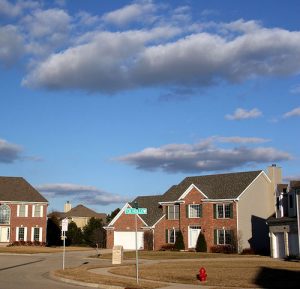Are you on the fence about whether or not to purchase a house in your area or to continue to rent? While many people consider purchasing a home to be a long-term investment, there’s a whole lot more to the equation than whether the house purchase would create an asset or a liability for your family. Here are three important factors to consider when deciding whether or not it’s worth investing in a home:
How stable is your job?
If you’re a careful person, the first thing you need to ask yourself how stable your job is and whether or not you anticipate a career change in the near future. If you’re a part time or temporary staff member, investing your nest egg in a home may not be the smartest move. But if you’re established in a career with a regular income and you’re looking to build an asset, investing in a home may save you money over time while building an asset.
How long do you want to live in the area?
The cost-value analysis of renting or buying depends on a number of factors. How expensive is your rent? What rate are you able to finance your home under? For example, if I were to pay a monthly rent of $1400, buying would be better than renting if I planned to stay in that home for at least three years (assuming a home price of $180,000, a 10% downpayment, and a mortgage rate of 5.5%). But if that home were $300,000 under the same circumstances, it would take 12 years for it to be worth it!
If you have the numbers handy, use a mortgage calculator to estimate of how long you’d need to stay in a home before it was saving you money to buy it.
If, on the other hand, you’re open to relocating to pursue a relationship or a job farther from home, renting is a better choice. You may pay the same amount on a monthly basis, but you’ll avoid the one-time fees and the stress of putting a home on the market to resell.
Could you afford to keep the house if you had to move?
A great way to determine if you’re ready to purchase a house is to ask yourself what you’d do if you needed to move quickly and the house couldn’t be sold or rented. Emergencies happen — you may need to relocate to help care for a family member, or accept an opportunity abroad that’s too good to say no to. In these scenarios, it will pay off if you consider your Plan B ahead of time. Purchasing a home in a price range that you could afford even if you needed to relocate would be the safest choice.
Are you on the fence about renting or buying a home? What do you think is the most important factor to consider?



